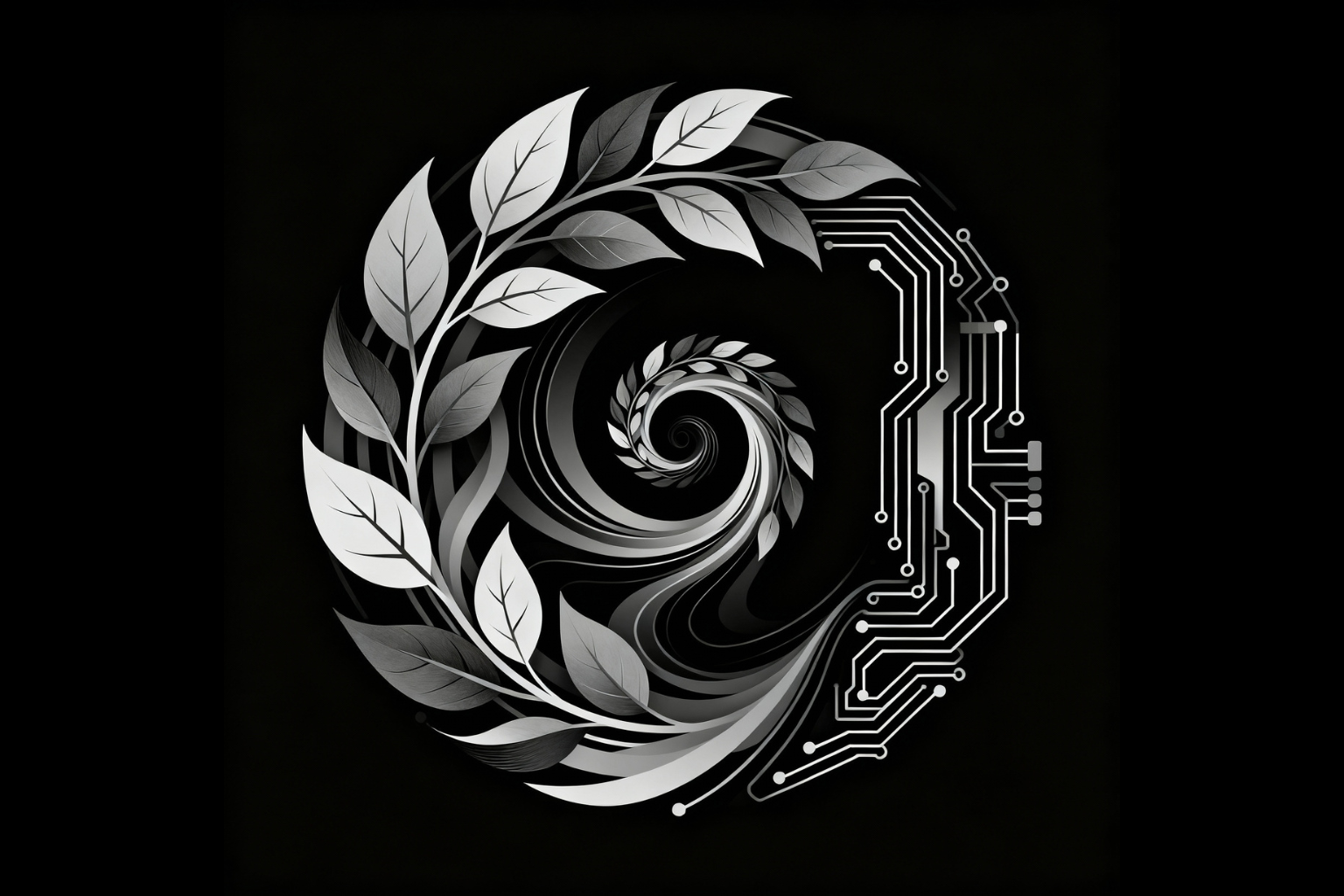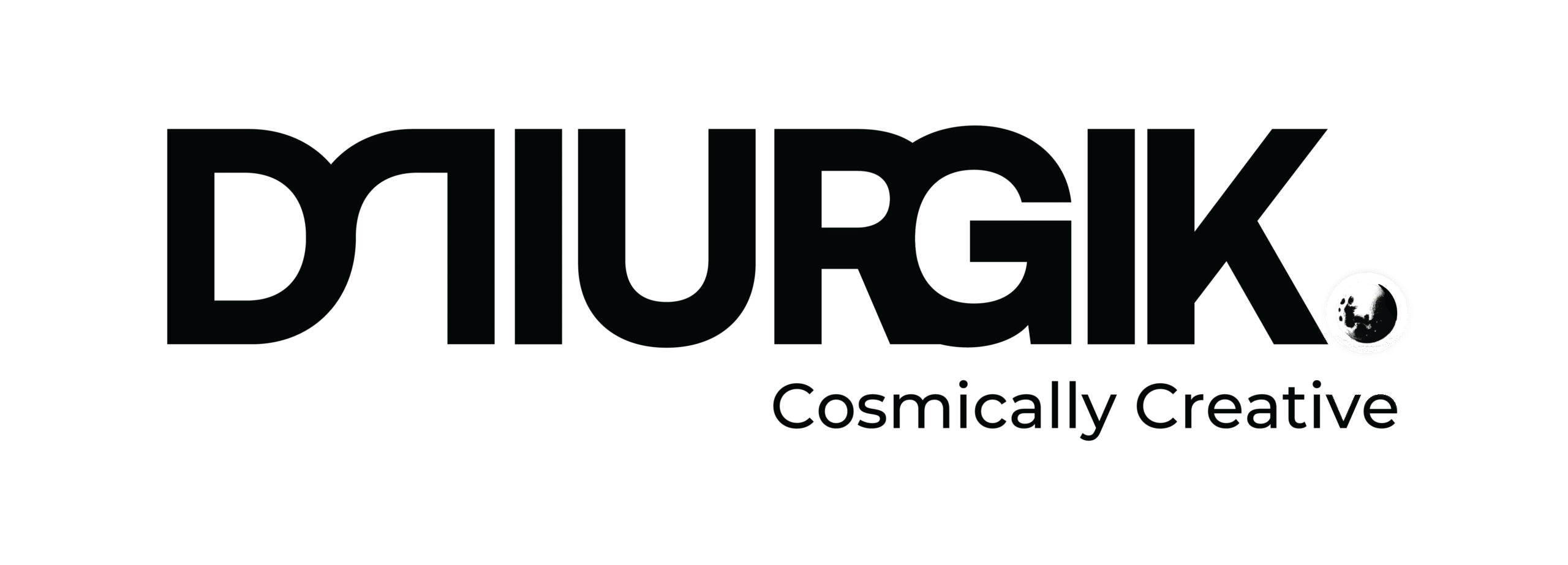In a world shaped by linear models—make, market, discard—branding has often followed suit: launch fast, scale faster, and hope your message lands before burnout does. But as the world shifts toward regeneration and resilience, a new metaphor is emerging for brand builders:
The spiral.
Guided by the principles of the circular economy, the brand spiral replaces extraction with evolution. It’s not just about selling more—it’s about growing deeper.
Why Circular Thinking Belongs in Brand Strategy
The circular economy isn’t just about compostable packaging or carbon offsets. At its core, it’s about systems that mimic nature: regenerative, inclusive, and non-linear. When applied to branding, this means:
- Designing for longevity, not virality
- Prioritizing purpose over performance
- Embracing feedback loops, community co-creation, and adaptive storytelling
Linear vs. Circular Branding: A Quick Glance
| Linear Branding | Circular Branding |
|---|---|
| Launch campaigns | Cultivate ongoing relationships |
| Chase trends | Deepen timeless values |
| Transactional messaging | Transformational storytelling |
| One-way communication | Participatory ecosystems |
Real-World Brands Thinking in Spirals
- Allbirds: Built a brand narrative around lifecycle accountability—from materials to end-of-life recyclability.
- Loop: Reimagining packaging as a service, not a product. Their entire model reflects circularity and has deeply influenced brand perception.
- Beauty Kitchen: Uses a closed-loop packaging system and ties its messaging to planet-positive regeneration—not just beauty benefits.
Spiral Strategy in Practice
Here’s how you can begin shifting from linear to circular in your brand-building:
1. Tell Stories That Evolve
Let your narrative breathe. Instead of fixed messaging, use campaign arcs that build on audience feedback, seasons, and purpose milestones.
2. Design Products with Afterlives
Infuse your product story with what happens after the sale. Whether it’s repairability, recycling, or reselling—invite your customer into the next chapter.
3. Create Circular Content Loops
Encourage user-generated content, feedback integration, and co-branded education. Your audience becomes your collaborators, not just consumers.
4. Regenerative KPIs
Move beyond growth metrics. Track brand trust, waste reduced, community activation, and systemic impact. Make your dashboard a map of meaning.
Final Thought: Spirals Are Sacred for a Reason
In nature, spirals show up where life evolves: galaxies, sunflowers, seashells, and DNA. They represent motion with memory—a path that expands without severing its past.
The brand spiral honors this wisdom. It doesn’t rush to dominate—it dares to deepen.
At Dmiurgik, we see every brand as a living ecosystem. Ready to move beyond the funnel and spiral into something more enduring?
Let’s build brands that don’t just scale—they sustain.


